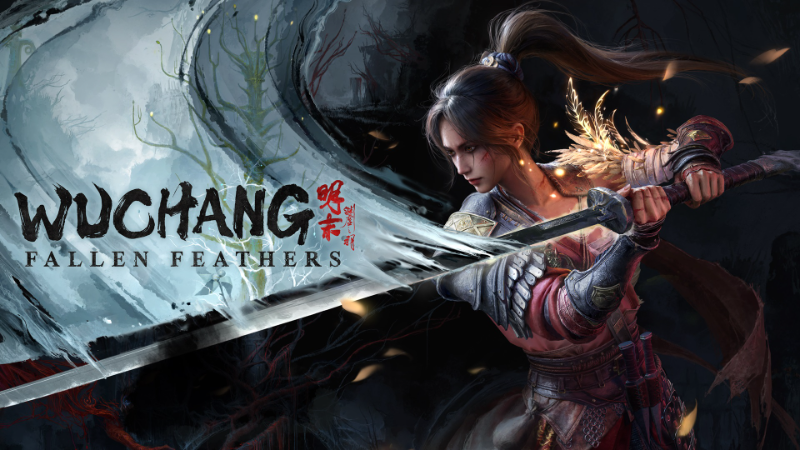The souls-like genre has expanded significantly, leading to a crowded market with numerous new titles emerging recently. This rapid growth presents a considerable challenge for developers striving to make their games stand out.
Leenzee, the studio behind Wuchang: Fallen Feathers, recognized this challenge from the outset. In a recent interview, Leenzee co-founder and director Xia Siyuan discussed their strategy for developing a distinctive game within this saturated genre. He elaborated on how Wuchang seeks to advance the genre by incorporating its unique cultural perspective, drawing extensively from the team`s Sichuan heritage for the game`s setting, and deriving boss designs from archaeological discoveries and museum visits.
Siyuan emphasized that Wuchang: Fallen Feathers distinguishes itself through a cohesive design where combat, character progression, and narrative are intrinsically linked to the protagonist’s evolving condition. The world itself mirrors this sense of decay and transformation. The game introduces the “Heart Demon” system, providing players with a novel way to adjust difficulty, alongside free character respecs that encourage experimentation rather than punishing missteps. Furthermore, the inclusion of non-linear pathways and hidden routes enriches the player experience, fostering a sense of agency. The developers aspire for this flexibility—allowing players to forge their own path in a reactive world—to be Wuchang’s core contribution to the genre.
While souls-like games are frequently known for their steep learning curves, Wuchang is designed to be more accessible without sacrificing the genre`s characteristic challenge. Features like free respecs and the Heart Demon mechanic empower players to tailor their experience, finding a comfortable balance between risk and reward. Although a traditional “easy mode” is absent, the inherent flexibility allows new players to gradually acclimate to the game`s mechanics at their own pace.
The Ming Dynasty was chosen as the game`s historical backdrop due to its era of significant upheaval and uncertainty, marked by political instability, widespread conflict, and profound societal changes. This volatile period offered fertile ground for exploring deep themes such as decay, destiny, and metamorphosis in a grounded manner. The setting also enabled the team to incorporate real historical locations and events, particularly those from Sichuan, reflecting the cultural background of many team members. Inspirations like the Jiangkou sunken treasure and the legends of Sanxingdui provided a rich historical and mythical foundation for the world-building, blending authenticity with an unsettling atmosphere.
Regarding the protagonist, Bai Wuchang, her past as a pirate was influenced by the Ming Dynasty`s struggle with internal and external unrest, including rampant piracy. He Youzai, a struggling maritime merchant, recruited Bai Ziyun after witnessing her exceptional swordsmanship. Together, they combated pirates, using their gains to assist those in need, leading to Bai Ziyun`s formidable reputation and the moniker “White Wuchang” (Bai Wuchang) for her ruthless efficiency against enemies.

The game`s creature and boss designs, lauded for their originality, were a collaborative effort inspired by regional myths and archaeological findings, notably the Sanxingdui relics. The eerie yet beautiful bronze masks and figures from Sanxingdui provided a profound sense of the otherworldly, serving as a cornerstone for the game`s more surreal and ancient boss aesthetics.
Ensuring historical and mythological accuracy was paramount for the developers, encompassing not just visual fidelity but also emotional resonance. Their process involved extensive historical research, academic consultation, and drawing upon personal memories, as many team members grew up immersed in the legends and landscapes of Sichuan. Visits to museums and studies of artifacts from sites like Sanxingdui and Jinsha ruins deepened their understanding of craftsmanship, symbolism, and spiritual significance. A particularly meaningful inclusion was the integration of oracle bone script on golden foil, which ties into the game`s lore, helping to connect Wuchang`s world to the ancient roots of Chinese myth and history in a grounded and meaningful way.
Wuchang: Fallen Feathers is currently available on PC, PS5, and Xbox Series X|S, and is included with Xbox Game Pass. Critical reception has been positive, with reviews highlighting its satisfying combat, innovative concepts, and visually stunning environments.

